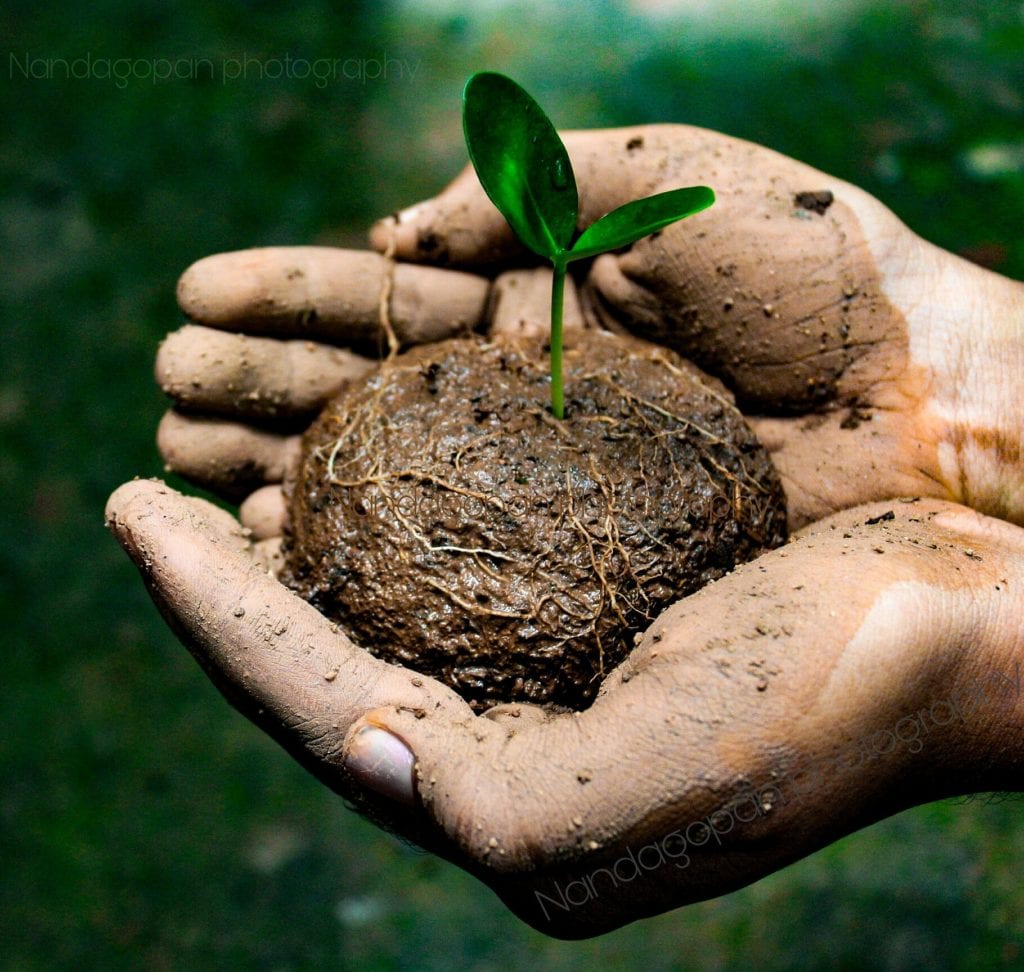Is it Really Procrastination?
We have all been accused of it at least once, and some people seem to be more prone to it than others. There is at least one TED talk about it, and dozens of books have been written on the subject. And then, today, an article in the New York Times about why we procrastinate and how to stop doing it.

But what if it’s not always task avoidance?
What if, sometimes, what other people see as procrastination is actually our natural process?
Have you ever had a deadline staring you down that freaked you out? Have you ever forced yourself to get to work on something only to produce something mediocre and not up to par and have to scrap it and start over? Have you ever worked on something over and over again and gotten incredibly frustrated because you knew it wasn’t your best work, but you HAVE A DEADLINE SO YOU HAVE TO KEEP AT IT?
On the flip side, have you ever waited until you were inspired or feeling in a flow state and created something with much less effort that was far superior to anything you’ve created before?
Deadlines are external things. Necessary, to be certain (at least in most cases), but they often have no relationship to our own internal learning or creative processes. There is no universal timeline that says how long it “should” take each person to craft a comprehensive report or write a novel or make a piece of art. External deadlines have an effect on our emotions, which, in turn, affect our cognitive functions. Simply put, the more worried we are about meeting that deadline, the less we are able to access the portion of our brains that solve puzzles, that work out complex ideas and synthesize ideas.
Additionally, while our culture reveres “work” and willpower, they can be misunderstood. Our minds are working all the time whether other people can see it or not. So going for a walk or organizing that spice drawer alphabetically can actually be in service to the ultimate project we are working on, if only because it allows our subconscious to be kicking away beneath the surface, making connections and playing with ideas. It may look like procrastination to other people, but often when we can give ourselves the space to do other things, we produce more amazing outcomes than if we had tapped in to willpower to work hours and hours every day and exhausted ourselves creating things we ended up having to revise.
For me, the important thing is to remember that I don’t have to justify my seeming inaction to anyone else. I’ve experienced enough cycles of work and subconscious processing in my life to trust it. I like to think about it as a growth cycle. I planted a seed and gave it what it needed – even though it looks like nothing is happening up above, at some point, all the work that happened down below culminates in a shoot poking up from the ground. It seems miraculous because the actual effort wasn’t witnessed, but it was really just the way I work best. The more pressure I put on myself to “look” like I’m working, the more frustrated I get with less than optimal results. Forcing the process only makes me unhappy and tired.
To be sure, we are all guilty of task avoidance from time to time. But maybe the next time you’re being hard on a student or your child or yourself because you assume they’re procrastinating, you can ask whether your conscious self is actually just not quite ready to produce work. It doesn’t mean there isn’t work happening below the surface, and when inspiration strikes, you might be surprised at the pace and easy flow that happens.

